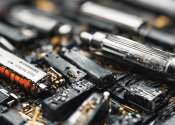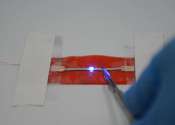Does your employer have to tell if they're spying on you through your work computer?
The COVID pandemic stimulated an irreversible shift in where, when and how we work. This 21st-century model of working—dubbed the "new normal"—is characterized by increased flexibility and productivity gains.
Oct 10, 2023
0
0









